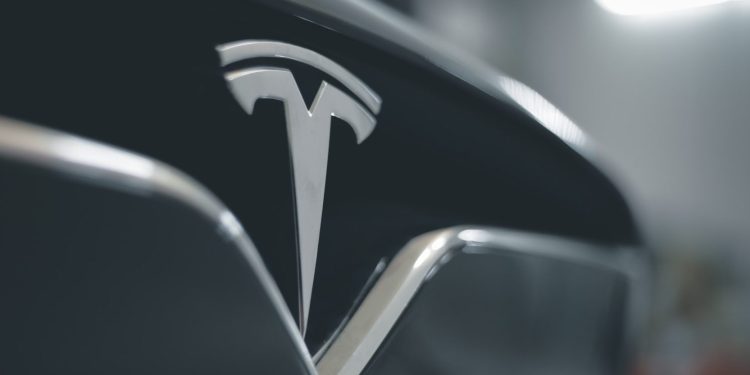Tesla NZ’s revenue doubles thanks to Clean Car rebates
Words: Harrison Wade
At the end of the 2022 financial year, Tesla New Zealand reported that it’s revenue doubled compared what it made the year prior, with reports suggesting it was all thanks to rebates from the Government’s Clean Car Discount scheme.
The local arm of the electric carmaker recorded $499.5 million in revenue at the end the 2022 financial year compared to $230.7 million in 2021 and $66 million in 2020 (the year before the policy came into effect), reports NZ Herald.
Net profits also rose from $2.2 million in 2021 to $8 million in 2022.
New Zealand’s acting Transport Minister Kieran McAnulty says the Clean Car Discount, designed to make EVs more affordable and appealing, is the reason Tesla’s revenue has increased significantly.
“With over 100,000 rebates granted since the scheme came into effect in 2021, we have one of the fastest uptakes of EVs in the world,” McAnulty said.
However, the Clean Car Discount’s purpose wasn’t just meant to give wealthy buyers of high-end EVs a break, but make them more affordable for all. In saying that, an electric needs to be priced under $80,000 in order to receive a rebate.
When the full rebate of $8625 rebate is applied to a $71,400 standard rear-wheel drive Model Y, Tesla’s most popular model in New Zealand at the moment, the price is reduced to $64,862. This is still out of reach for most Kiwis realistically.
According to NZ Herald, Kiwis have bought approximately 9730 Teslas since the scheme came into effect on 1 April 2022. As of March 2022, this has amounted to $83 million in rebates.
So is the Clean Car Discount doing its job or benefiting wealthy carmakers? While it does help make EVs more affordable, including those priced under $60k like the BYD Atto 3, there’s no doubt that consumers are taking advantage of it to get their hands on luxury vehicles like Teslas as evidenced by its rise in revenue.
From 1 July 2023, the New Zealand Government will reduce the maximum rebate from $8625 to $7015.





